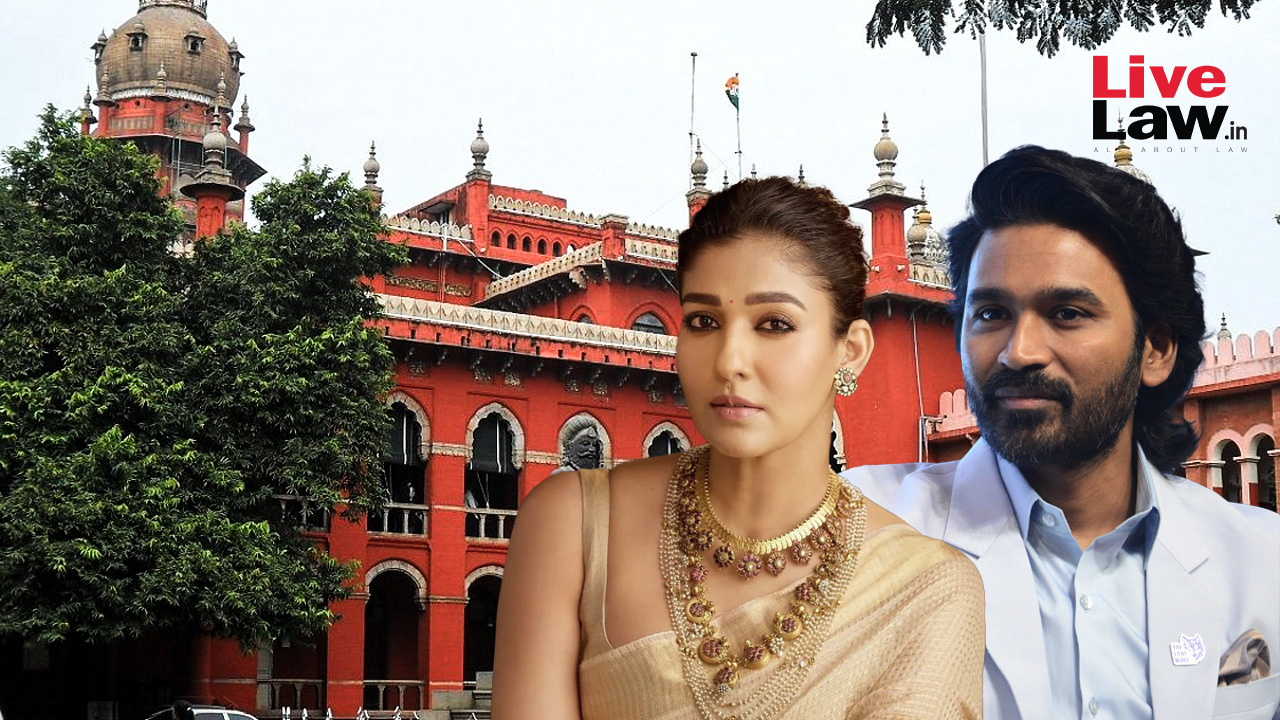 |
|
The Indian entertainment industry recently witnessed a high-profile legal battle unfolding in the Madras High Court. Wunderbar Films, the production company owned by renowned actor Dhanush, initiated legal proceedings against actress Nayanthara, her husband and director Vignesh Sivan, their production company Rowdy Pictures Private Limited, and Los Gatos Production Services India LLP, a Netflix subsidiary. The crux of the dispute centers around the unauthorized use of video clips from Dhanush's film, 'Naanum Rowdy Dhaan,' in the Netflix documentary, 'Nayanthara: Beyond the Fairytale.' This case highlights the complexities of copyright law within the rapidly evolving landscape of digital media and the potential for significant legal ramifications when intellectual property rights are infringed upon. The legal challenge underscores the importance of securing proper permissions before using copyrighted material, even in seemingly innocuous contexts such as a documentary celebrating a prominent actor's career.
The origins of the conflict lie in Nayanthara's request for a No-Objection Certificate (NOC) from Wunderbar Films to incorporate clips from 'Naanum Rowdy Dhaan' into her documentary. Despite repeated requests spanning over two years, Wunderbar Films allegedly refused to grant permission. This refusal, coupled with the subsequent inclusion of the disputed clips in the Netflix documentary, prompted Dhanush to issue a legal notice to Nayanthara, Vignesh Sivan, and the other involved parties, demanding a substantial sum of Rs. 10 crore in damages. The ensuing public relations battle further escalated the conflict, with Nayanthara responding through a public letter on her social media platforms, accusing Dhanush of harboring a personal grudge against her. This open display of discord, played out in the public eye, added another layer of complexity to an already intricate legal dispute, transforming the case into a widely publicized saga within the Indian film industry.
The legal strategy employed by Dhanush's legal team involved invoking Section 12 of the Letter Patent Act to bring the case before the Madras High Court. This strategic move proved successful, as Justice Abdul Quddhose allowed the application without delving into the merits of the case itself. The judge's decision was primarily based on the fact that a significant portion of the cause of action arose within the jurisdictional limits of the Madras High Court. This highlights the importance of understanding jurisdictional rules and regulations when initiating legal proceedings across different states and entities within India. The Madras High Court's decision to allow the case to proceed sets the stage for a full-blown legal battle, with potential implications for future collaborations and the use of copyrighted material in documentaries and other media productions. The outcome of this case will undoubtedly impact future practices related to obtaining permissions and securing the rights to utilize copyrighted material, especially in the ever-expanding realm of online streaming platforms.
The case, titled Wunderbar Films Private Limited v Tarc Solutions LLP and Others (Case No: A 6184 of 2024), represents a significant legal precedent for the Indian entertainment industry. It underscores the importance of meticulously obtaining all necessary rights and clearances before incorporating copyrighted material into any project, irrespective of the nature of the project or the perceived scale of the infringement. The high profile nature of the individuals involved has undoubtedly drawn significant media attention, amplifying the importance of the case beyond its immediate impact on the parties involved. The legal ramifications extend far beyond the specific dispute, shaping future practices for filmmakers, production companies, and streaming platforms alike. The court's decision to allow the suit highlights the serious implications of copyright infringement, particularly within the context of the thriving Indian film industry and its increasing reliance on digital distribution platforms.
